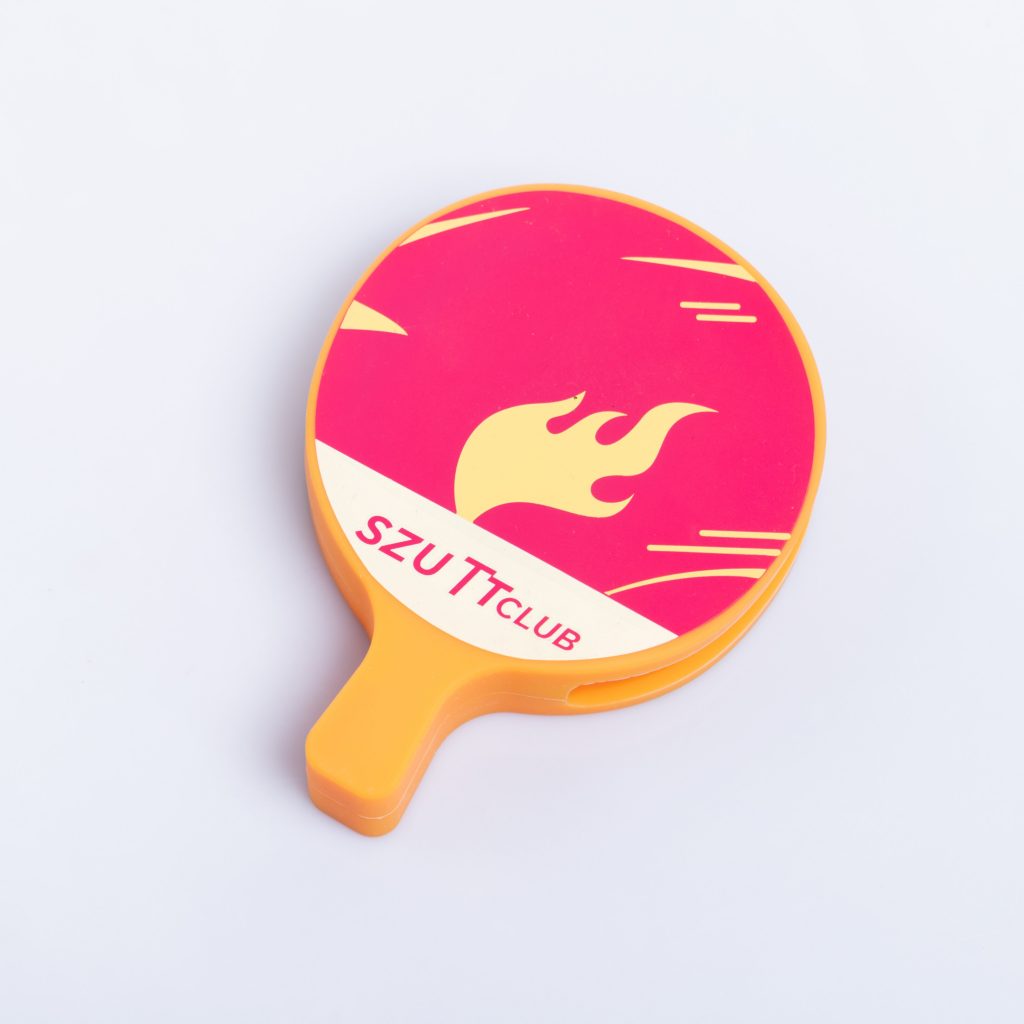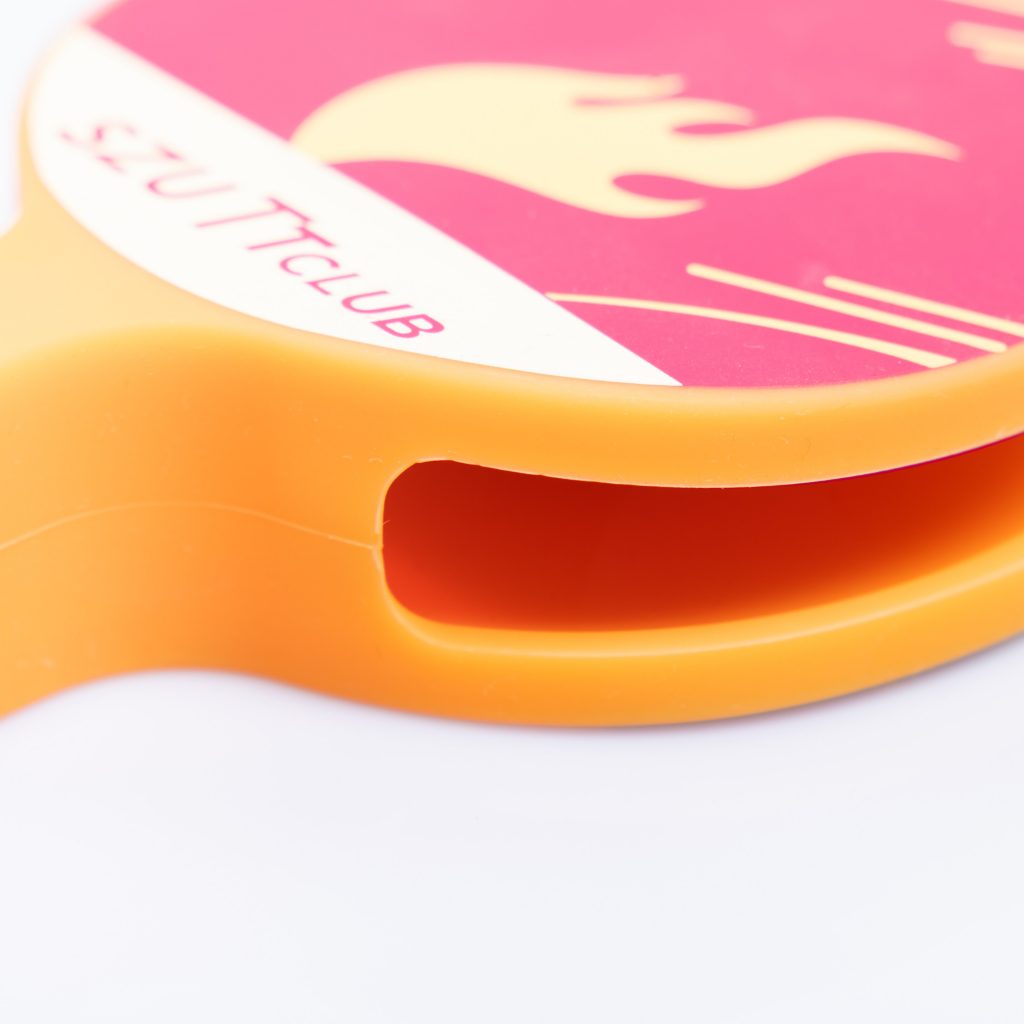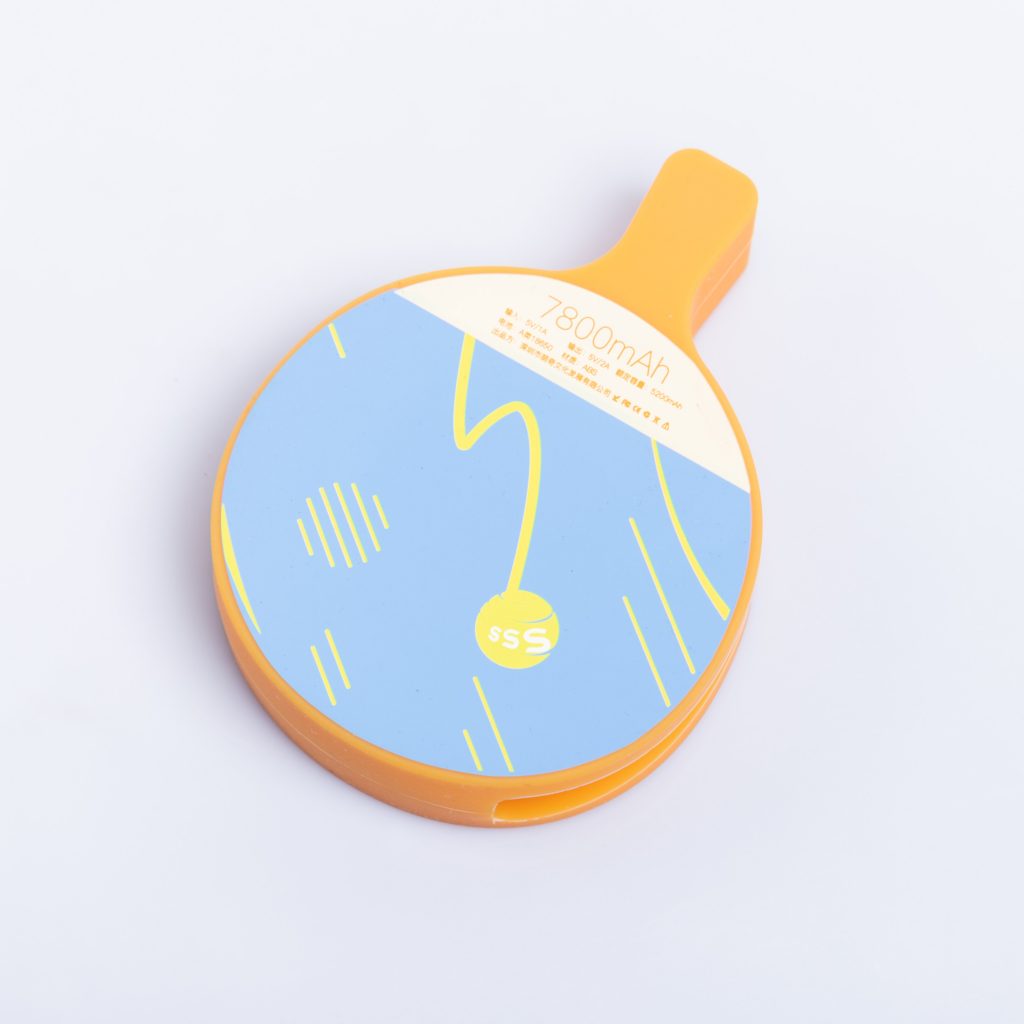Contact
Write to Us And We Would Be Happy to Advise You.
Do you have any questions, or would you like to speak directly with a representative?
By hqt
Rubber keypads are widely used in various electronic devices, such as remote controls, calculators, and industrial control panels. These keypads provide a tactile interface for users to interact with the device. However, to ensure their durability and functionality, rubber keypads require surface treatment. In this article, we will explore the reasons why rubber keypads need surface treatment and the benefits it provides.



Rubber keypads need surface treatment for several reasons:
There are several types of surface treatments used for rubber keypads, including:
Surface treatment creates a protective barrier that shields the rubber keypads from external factors such as friction, chemicals, moisture, and dust. By preventing damage caused by these elements, surface treatment significantly improves the longevity and reliability of the keypads.
Yes, surface treatment can impact the tactile feel of rubber keypads. Different coatings can be applied to adjust the level of tactility, making the keypads more responsive and comfortable to use.
Yes, surface treatment can have environmental benefits. By extending the lifespan of rubber keypads, surface treatment reduces the need for frequent replacements, resulting in less waste. Additionally, some surface treatments use environmentally friendly materials and processes, further reducing their ecological footprint.
Absolutely! Surface treatment can be customized according to the specific requirements of different applications. Manufacturers can select coatings with specific properties, such as anti-microbial or anti-static properties, to meet the unique needs of various industries and applications.
The durability of surface treatment depends on factors such as the type of coating used, the environmental conditions, and the frequency of use. However, high-quality surface treatments can last for many years, ensuring the long-term functionality and appearance of rubber keypads.
Surface treatment is an essential aspect of rubber keypad manufacturing. It provides numerous benefits, including enhanced durability, chemical resistance, tactile feedback, moisture protection, improved appearance, and easy maintenance. By incorporating surface treatment into the production process, manufacturers can ensure the longevity and performance of rubber keypads, meeting the diverse needs of users across various industries.
Do you have any questions, or would you like to speak directly with a representative?